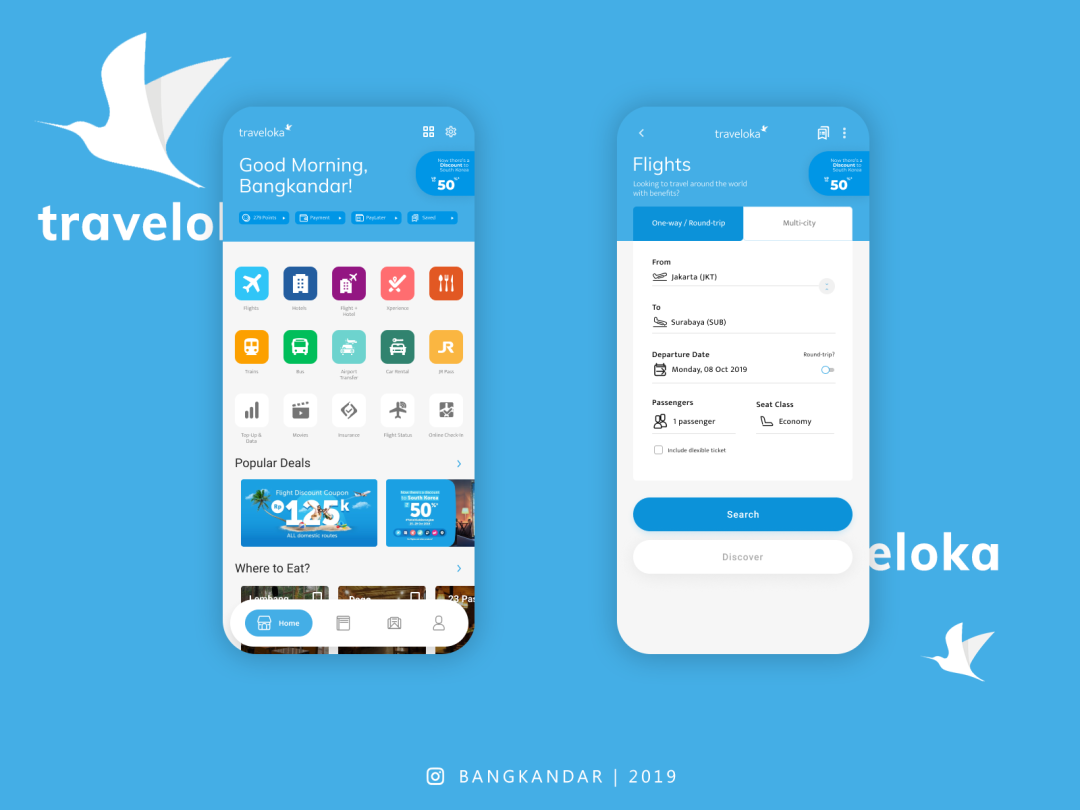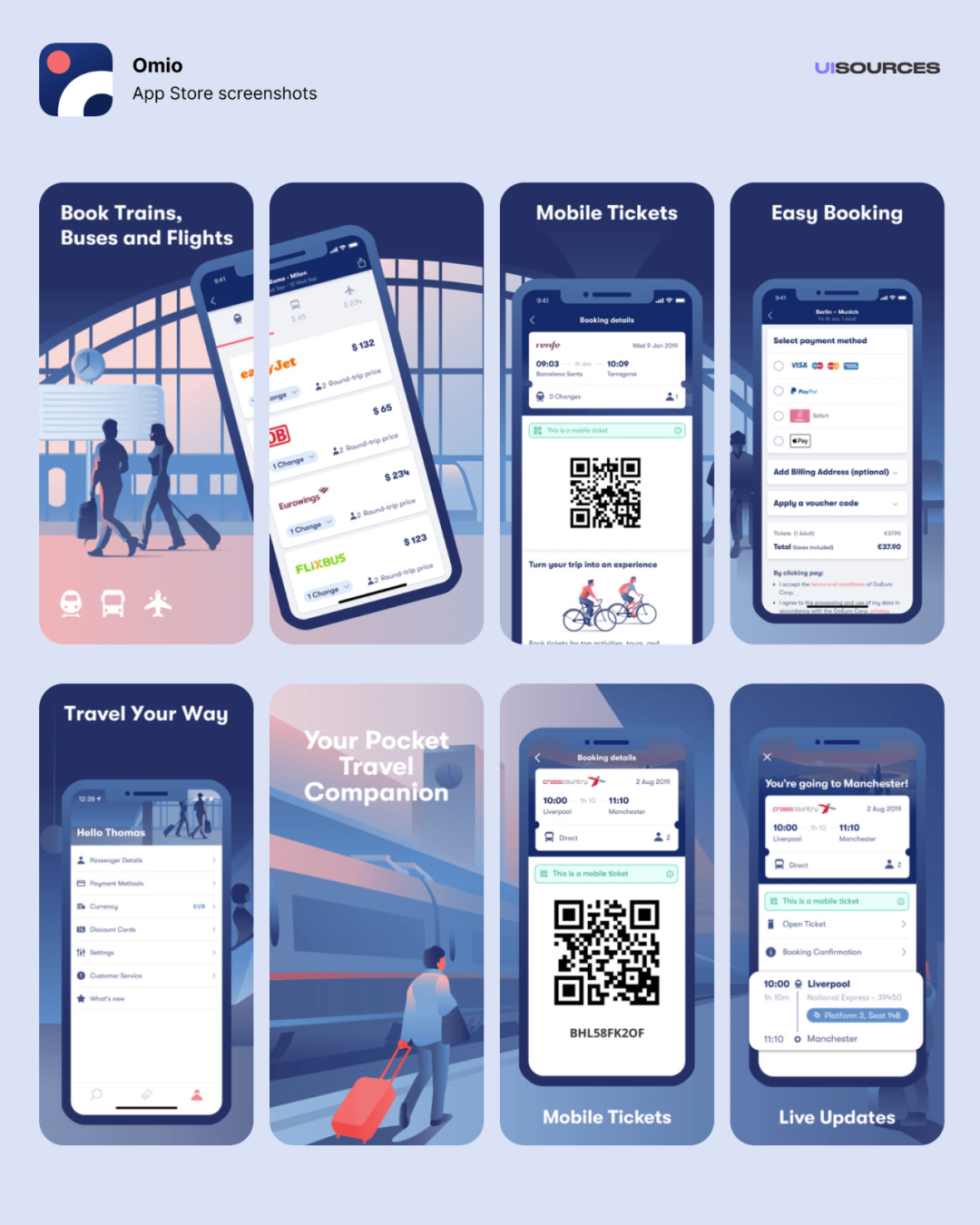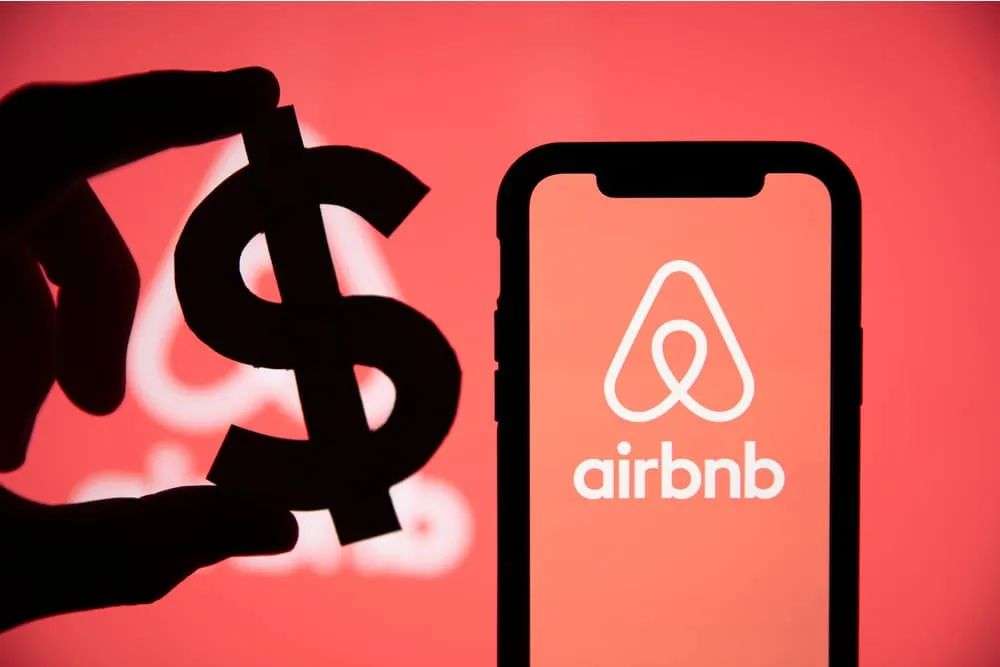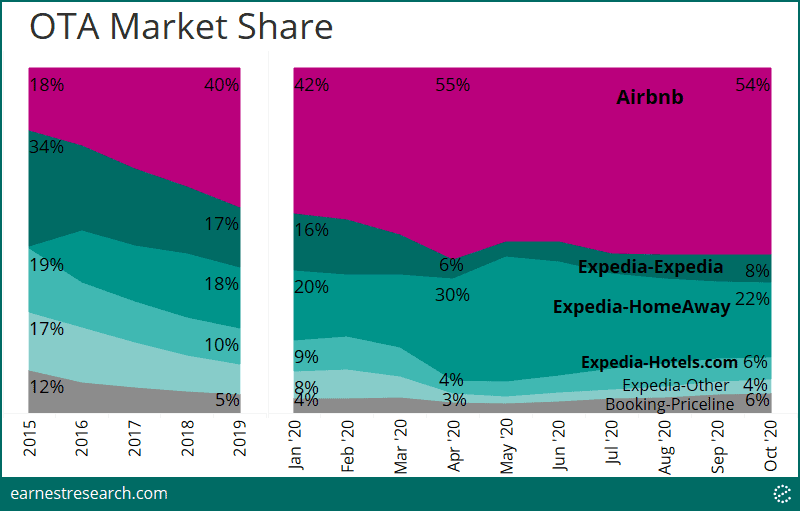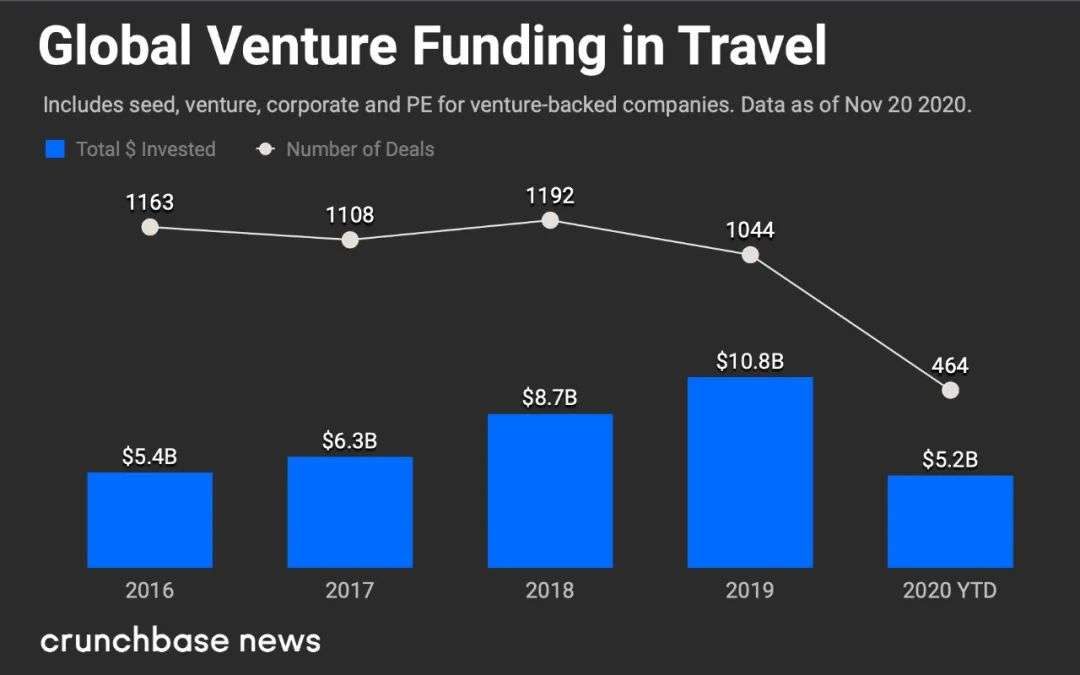s://img.36krcdn.com/20200729/v2_c08c1b9a95534c3194edf1152cc85172_img_000″ data-refer-type=”2″ href=”https://36kr.com/projectDetails/105790″ target=”_blank”>Greenwich In other places, take the form of live broadcast, and participants can interact with the tour guide online; there are also a series of hands-on courses, such as making lanterns, making milk tea, and making masks. Klook will mail the required raw materials home, such as wine tasting courses After the user receives the wine, there will be online guidance from the taster.
Image source: Klook
When the domestic quarantine was lifted, Klook focused more on domestic short-distance travel and in-depth city tours. In fact, in-depth slow travel has always been the spirit of travel advocated by Klook. The company has a dedicated “adventurer” team meeting Constantly experimenting with new activities and creating content to attract users to open the city’s folded unknowns. The platform is full of trendy activities such as surfing and skydiving, as well as special cultural experiences such as cooking.
Staycation has become a favorite way of vacation for young people in recent years. Under the name of “home vacation”, stay in a city for a few days and enjoy the local life in a simple way, instead of flying to the other side of the world to watch fancy Get in the car to sleep, get out of the car and take a photo” tour.
In fact, there is not much competition in the OTA field. For example, platforms such as Ctrip and Qunar in China have basically occupied the high ground of air ticket hotels, but Klook specializes in the ability to integrate destination resources and information fragmentation, and integrate local The short-distance routes and experiences are collected into a resource library.
In the era of the epidemic, businesses that rely on physical tourism resources in various places have more difficult access to customers and rely on the help of OTAs to survive. Platforms like Klook, as a supply chain integrator, are actually improving the efficiency of the entire tourism ecosystem.
Klook predicts that even if travel around the world returns to normal, short-distance staycation will still become the most important vacation concept. People’s redefinition of travel and the platform’s exploration of local experiences will nurture each other and become the most “anti-epidemic attack” Way of travel.
Like a shortGetaround, a car rental startup, completed a US$140 million Series E financing in October this year. Users can rent cars on-demand in more than 100 cities. This will become the case when tourism demand recovers slightly in the middle of this year but flight conditions are not very friendly. The ideal choice for people.
It has raised $600 million so far. This round of financing was led by PeopleFund. The remaining investors include Reid Hoffman, Mark Pincus’ Reinvent Capital, etc. The previous investors include SoftBank and Menlo Ventures.
Picture source: The San Francisco Egotist
Traveloka, an online travel platform in Southeast Asia, has also gained some attention after shifting its focus to domestic travel and light-roaming activities, and completed a new round of financing of US$250 million in July this year.
Picture source: Dribbble
101 Ways to Raise Money to Survive
In addition to transformation, one of the things startups in the travel and vacation industry did the most to survive this year is…finance! For example these companies:
Tourlane from Germany has created a virtual travel agency that can provide customized travel plans for more than 50 places through simple questions and answers to users’ travel needs. It was completed in November led by Sequoia Capital and Spark Capital The 20 million C round of additional financing is currently valued at US$242 million. During the summer when the epidemic eased slightly and in regions with fewer cases such as Iceland, Tourlane performed well, but now it faces a new challenge.The unknown of the wave.
Picture source: Tourlane
GetYourGuide, also from Germany, is very similar.horse’s nest model to provide users with travel itinerary recommendations and sales activities Tickets, etc., are often turned over by many travel bloggers, so they are more popular. It has struggled to survive and fire employees since March, but in October it received $133 million in investment led by Searchlight Capital, SoftBank, Spark Capital and others.
Omio, invested by Goldman Sachs, NEA, and Kleiner Perkins, is an online travel information aggregation platform where users can view transportation methods such as airplanes, trains, buses, etc. This year, it has completed a financing of 100 million US dollars to survive the epidemic , Is also considering options such as mergers and acquisitions with other travel companies that have been hit hard.
Although it sounds desperate, since these companies can raise funds, let’s say Mingtou investors’ hopes for the tourism industry have not yet died. And have the confidence to bet on its future.
The recent listing of Airbnb also seems to be a relief medicine, reducing the worries that many founders and investors of the travel and vacation industry have been worried that the tourism industry cannot recover in a short time. But why did Airbnb choose to go public at this time, and how has it performed this year?
Airbnb’s listing: bet on my youth for tomorrow
There is no doubt that when the epidemic first started at the beginning of the year, Airbnb was hit hard like other companies in the travel and vacation industry. Even with $2 billion from the capital market, it still laid off more than 2,000 people in the second quarter. , Accounting for a quarter of the total number of employees, this $2 billion includes a $1 billion bond and equity financing led by Silver Lake and Sixth Street Partners, and a $1 billion syndicated financing.
Picture source: Rental Scale-Up
Airbnb’s Q2 revenue was only 335 million U.S. dollars. Compared with the 1.2 billion U.S. dollars in the same period last year, it can be said to be a big shrinkage. However, Q3 benefited from the demand for people to change scenes for remote work under the home order and the rebound of local short-distance travel orders. Internal layoffs, salary cuts, and tightening of business performance at this stage brought hope. Although the revenue of 1.34 billion U.S. dollars has fallen from the 1.65 billion U.S. dollars in the same period in 2019, it can be regarded as abruptly to the previous quarter. The performance has doubled several times, and such a strong recovery ability is also amazing.
At the same time, compared with competitors from the OTA and hotel and lodging industries such as Expedia, Marriott, Hilton, etc., the epidemic has consolidated Airbnb’s already leading market share in these two tracks because of its flexibility to unsubscribe And controllable commercial attributes are more suitable for accommodation between epidemics. At this time, the listing shows that its tenacious performance in epidemics is in agreement.It can also boost the morale of all investors.
Airbnb has grown into a brand with distinctive value since its inception in 2008, and has even become a new verb, providing a new idea for people to travel and find a place to live. S-1 shows 91% of its traffic this year All come from native channels, which greatly reduces Airbnb’s advertising costs in terms of customer acquisition.
At the same time, the strong community cohesion that Airbnb has cultivated between hosts and users is also helpful in the epidemic. For example, hosts believe in the platform’s recommendations on health and safety standards, and users support the platform’s unsubscription extension clause.
Some investors are not very optimistic about the prospects of Airbnb under the new wave of quarantine, but most people are still very optimistic about the listing of Airbnb. They believe that this wave of successful landing on Nasdaq is well deserved. Soothes the restlessness and frustration in the industry.
Not only that, but Airbnb’s listing at this time is considered a good time. After all, the epidemic will always end, and people’s desire to travel will not disappear like this. In the coming tourism recovery or even the outbreak year, people will The safest and most comfortable choice in mind is these private, controllable properties on Airbnb.
Picture source: Trending
Airbnb opened at the issuance price of US$68 on December 10, and once soared to US$146. It closed at US$144, a 112% increase and a market value of nearly 100 billion US dollars. It became the largest IPO in the U.S. market in 2020. One member, investors are betting on a promising future for the tourism industry, but when will this future come?
Winter is over, is spring far away?
Overall, financing for the tourism industry will decrease significantly in 2020. According to data from Crunchbase, as of the end of November, a total of 464 financings have occurred in the global tourism industry in 2020, with a total financing amount of US$52 billion, less than 2019 Half of the US$108 billion under 1044 financing.
Will the tourism industry in the post-2020 era gain momentum?
When the news that the new crown vaccines of Pfizer, Moderna and other companies proved effective in clinical trials came out, the stock prices of many companies immediately rose. The same is true for the travel industry. The vaccine became a new hope.
But considering how quickly the vaccine can be widely used and how many people are willing to vaccinate, this hope is also full of unknowns. There is no doubt that the tourism industry will recover, but everyone wants to know how quickly it will be. Recovery and to what extent.
Currently, the general consensus in the industry is that 2021 will be a year of gaining momentum, and 2022 will be the year of real recovery and outbreak of the tourism industry, because when vaccines are used on a large scale to improve travel conditions on a global scale, Since most people are used to pre-booking travel, it is not practical to return to normal in the second half of 2021.
The forecast of the American Travel Association shows that the scale of travel in the United States in 2020 will drop by 45% compared to 2019, and it is expected that it will not return to the state before the epidemic until 2024, which means that the recovery speed of cross-country travel will also be slow. a lot of. However, 2021 is also on the track of recovery. The trend of “anti-epidemic blow” such as home office, staycation, domestic travel, and local in-depth travel will dominate the direction of travel and vacation next year.
In terms of travel type, personal travel will recover faster than business trips and other business trips, because people realize that many meetings can be conducted in the way of Zoom, but if 2020 proves anything, it is that people are eager to travel and play Waiting for a genuine experience, so personal vacation travel will be the most in demand.
Most of the surviving travel industry companies are relatively mature technology companies like Airbnb. As the industry improves, more small, early-stage travel startups will receive investment, but those who have received financing this year Companies are not waiting to die, but actively transforming to cater to new possibilities and seeking new changes in response to ever-changing changes. After all, this is the specialty of startups.
2020 has taught us to stop complaining about places we can’t go, but to cherish all the opportunities to see different scenery outside the house. For consumers with travel needs, who is in the industry? It’s not important to fight for life or death. What they value is who can still satisfy their “want to go out and see” wish in a safe and interesting way during this period.Hope, travel will not stop, but the epidemic will always, under the spirit of seeking wealth and insurance, those companies that have survived the cold winter will be more eye-catching.
Reference:
-
Even amid the pandemic, this newly funded travel startup is tackling the stodgy timeshare market (TechCrunch)
-
COVID-19 pivot: Travel unicorn Klook sees jump in staycations (TechCrunch)
-
Could The COVID-19 Vaccine Mean A Rebound For Travel Startups in 2021? (Crunchbase)
-
Airbnb IPO And The Impact Of Emerging Trends In Short-Term Vacation Rentals (Yahoo Finance)


